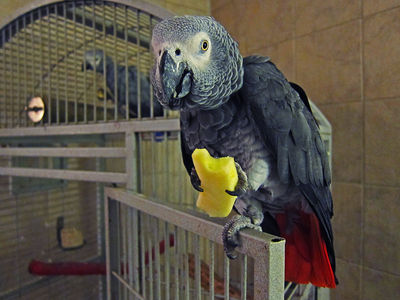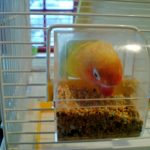Does your bird join you at mealtime? Does s/he eat whatever you do at the table? Well, it’s good and bad. It all depends on what you are eating. Birds have less than 100 taste buds in their mouths, so they don’t discriminate the way humans do. However, if your bird is fed a tidbit […]
Bird Health
This is the page for articles on Bird Health. Birds are such ajoy, adding color and song to our lives. We want to keep them in tip-top condition, making sure they maintain good health. These articles can help you recognize if your bird is ill. They are in no way a substitute for veterinary care.
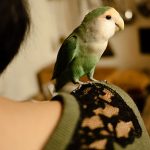
Saliva – a Danger to Birds
The saliva of mammals carries a bacteria known as “gram negative.” It is present in the body fluids of mammals and in normal amounts does not pose a danger. Birds do not have gram negative bacteria in their bodies and are not equipped to fight it. We know you love your bird, but kissing can […]
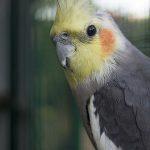
Diabetes in Birds
Birds can suffer from diabetes too. Diabetes milletus occurs when the pancreas doesn’t produce enough insulin. Insulin is the hormone that helps regulate and metabolize sugar. The cause of diabetes in birds is somewhat different than in mammals. With mammals, insulin production is too low. In birds, too much of the hormone, glucagon is present. […]

Lining Birdcages with Newspaper
Newspaper is the least expensive, easily available, non-toxic liner for your bird’s cage. But a risk has been discovered using old newspapers and aspergillosis is its name. Aspergillosis is caused by the organism, Aspergillus fumigatis and is a fungal infection common in birds. Aspergillus spores occur naturally in the environment and humans are exposed to […]
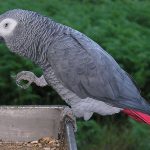
Importance of Separating Some Parrot Species
There are two categories of parrots. Old World species such as the cockatiel and the senegal are native to Asia, Africa and Australia. New World parrots including macaws, amazons and conures originated in Central and South America and Mexico. New World and Old World parrot species, in their native habitats, live in different environments. New […]
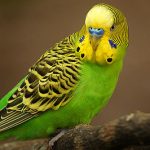
Keeping Your Bird Healthy in Winter
Heated houses in winter tend to remove humidity from the air. This can cause your bird to have dry skin and itchiness. It can lead to your bird plucking out feathers due to the discomfort. One way to help eliminate the problem is to bathe your bird more often. Your bird should always be placed […]
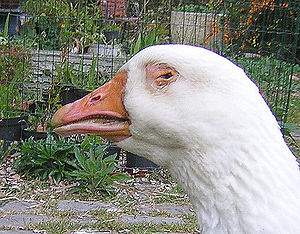
How Do You Know If Your Bird Is Sick?
Since your bird won’t tell you he is feeling sick it is important to recognize the signs of a sick bird so you know when a visit to the vet is in order. Unusual Droppings – Check both the consistency and the color. Yellow, rusty brown, or black droppings are usually a cause for concern. […]
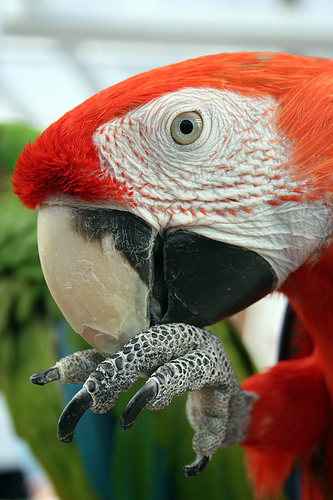
Caring for Your Bird’s Beak
A bird’s healthy beak is vital for your bird and has many uses – eating, climbing, tearing, preening, to name some. Your bird should be able to perform all these functions without a problem. Your bird’s beak is made out of keratin, the same material as fingernails are made from. And just like fingernails, the […]

Exercise Your Bird
Birds are social creatures and can be very active during the day. Exercise is important in keeping your bird healthy and happy. The size of your bird will determine cage size. Birds should have cages large enough to fully extend their wings and flap them. If your bird is caged all the time, allow space […]

